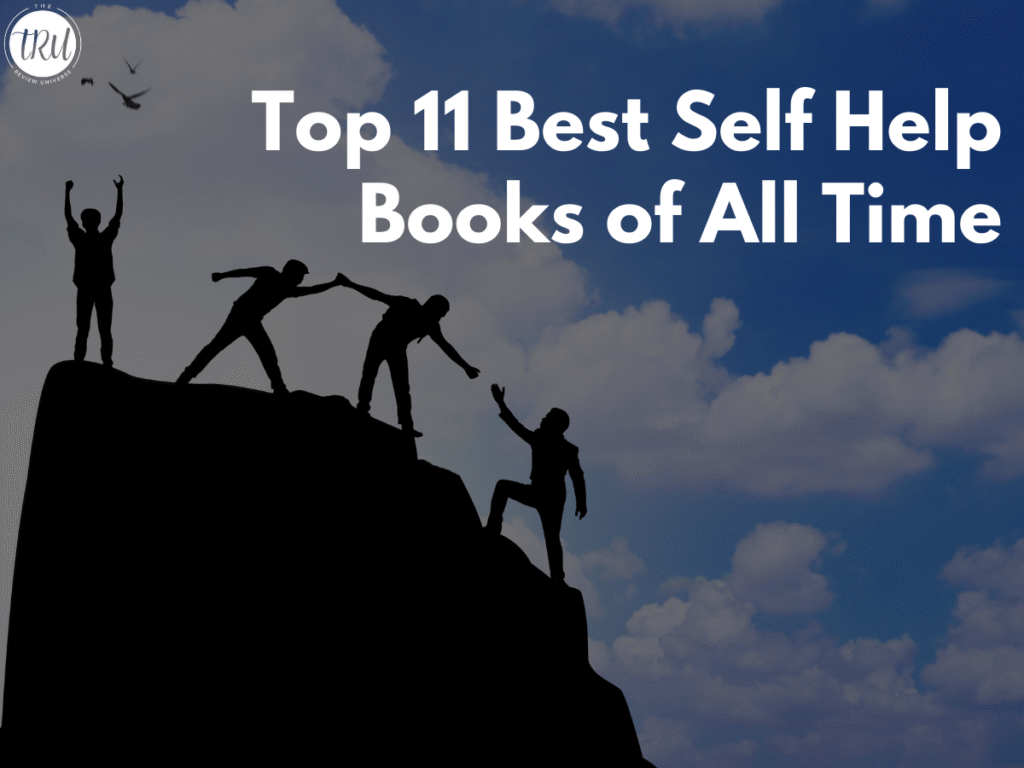
A new emerging genre in non-reader’s life that gets them into reading is self help books. A genre inspired by an author’s personal understanding of life and a guidance for the readers to help them in this journey called life.
According to American Psychological Association, about eighty five percent of Psychologists recommend their clients self-help books. But ever wondered how to choose a self-help book? Be sure to check the Author’s credentials, don’t judge a book why its popularity or on which year was it written, always look for the sub-genre (health, wellness, well-being, new age), be open to new subjects and critically analyze what is written.
If are new to self help books or are not a , always give the book two chances and a book that someone might consider helpful may not always be the best for you.
But for those on a look out for self-help books, here is a starter pack for them.
- The 7 Habits of Highly Effective People – Stephen R. Covey: Covey’s framework blends personal and professional effectiveness through timeless principles. The first three habits focus on self-mastery (be proactive, begin with the end in mind, put first things first), the next three on interdependence (think win-win, seek first to understand, synergize), and the last on renewal (sharpen the saw). Expect actionable strategies to align values, priorities, and habits for long-term success.
Recommended for: Professionals, students, and leaders seeking structured personal growth and better relationships.
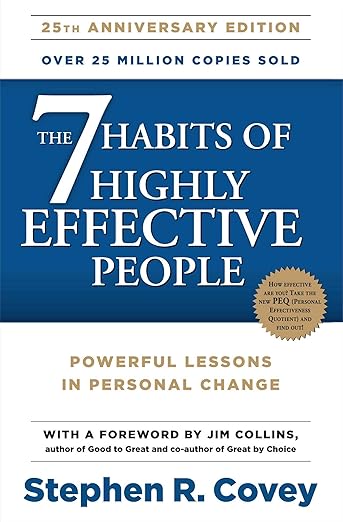
2. How to Win Friends & Influence People – Dale Carnegie: Carnegie’s classic teaches communication, persuasion, and relationship-building skills rooted in empathy and genuine interest. You’ll learn how to make people feel valued, win cooperation without manipulation, and handle criticism gracefully. Expect timeless tips that still apply in the digital age.
Recommended for: Anyone wanting to improve networking, leadership, or everyday interpersonal skills.
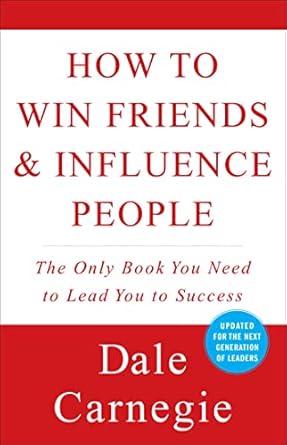
3. The Secret – Rhonda Byrne: Byrne popularizes the “law of attraction,” arguing that thoughts shape reality. Through stories and quotes, she outlines how positive thinking, visualization, and gratitude can manifest goals in health, wealth, and relationships. Expect a mix of self-help philosophy and motivational inspiration.
Recommended for: Readers curious about mindset-driven manifestation and positive thinking practices.

4. Think and Grow Rich – Napoleon Hill: Hill distills success principles from interviews with 500+ wealthy and influential figures. Core ideas include desire, faith, specialized knowledge, and persistence—plus the power of a “definite major purpose.” Expect both mindset and practical goal-setting lessons.
Recommended for: Entrepreneurs, business professionals, and anyone serious about financial and personal success.
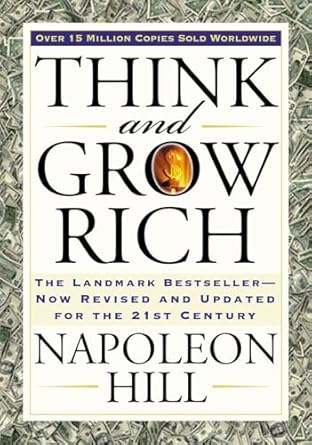
5. The Four Agreements – Don Miguel Ruiz: Ruiz shares four simple but profound agreements for personal freedom: be impeccable with your word, don’t take anything personally, don’t make assumptions, and always do your best. Drawing on Toltec wisdom, it offers a spiritual yet practical framework for living authentically.
Recommended for: Readers seeking clarity, self-awareness, and emotional peace.
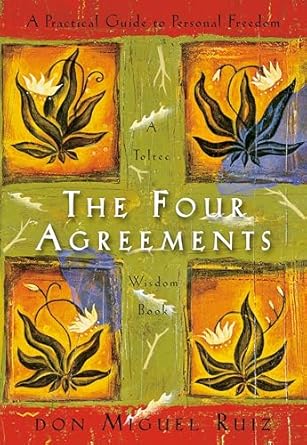
6. Man’s Search for Meaning – Viktor E. Frankl: Frankl, a Holocaust survivor and psychiatrist, recounts life in Nazi camps and explores how meaning helps people endure suffering. Introducing logotherapy, he shows that purpose—not comfort—drives resilience. Expect a profound blend of memoir and philosophy.
Recommended for: Anyone grappling with hardship or searching for life’s deeper purpose.
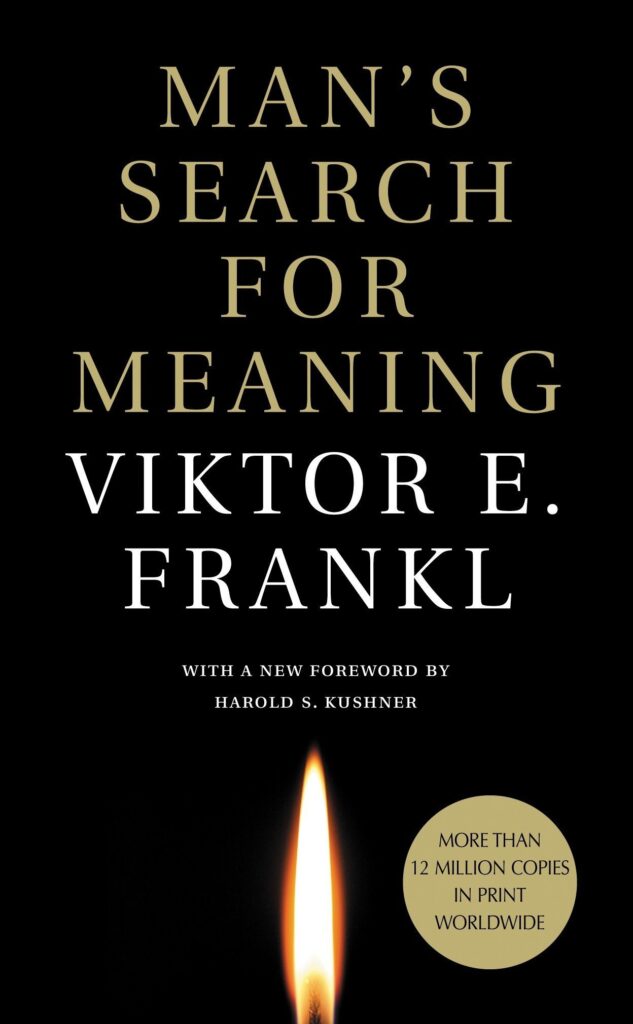
7. The Mountain Is You – Brianna Wiest: Wiest tackles self-sabotage as a mountain to climb—a personal barrier rooted in fear. The book guides readers through emotional intelligence, self-awareness, and transforming internal resistance into growth and self-mastery
Recommended for: Anyone ready to confront limiting beliefs and build resilience from within.
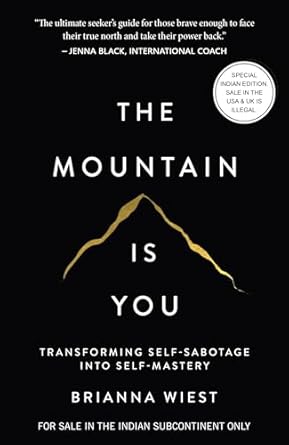
8. Atomic Habits – James Clear: James Clear offers a practical guide to making meaningful change through tiny daily habits. He introduces the Four Laws of Behavior Change, emphasizing habit stacking, environment design, and incremental improvement—just 1% better each day. Clear shows that real transformation comes from consistent systems, not one-time goals.
Recommended for: Anyone aiming to build better habits, break unhealthy patterns, and see long-term results through subtle, smart shifts.
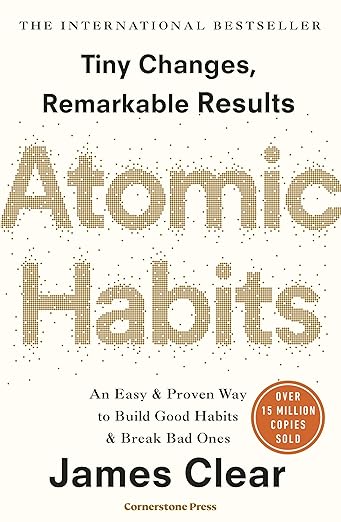
9. The Subtle Art of Not Giving a F*ck – Mark Manson: Mark Manson delivers blunt, often humorous advice about focusing your energy on what truly matters. Expect counterintuitive lessons on embracing limitations, accepting responsibility, and finding meaning in life’s struggles. The book rejects toxic positivity, instead encouraging a grounded approach to personal growth: fewer “f*cks” given, but to the right things. You’ll learn how to live authentically by setting better priorities.
Recommended for: Readers seeking a refreshing, no-nonsense guide to happiness and resilience.
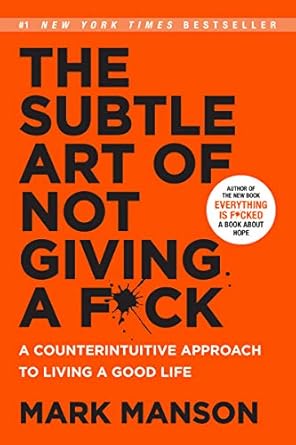
10. Rich Dad Poor Dad – Robert Kiyosaki: Robert Kiyosaki contrasts the financial philosophies of his “rich dad” and “poor dad,” revealing how mindset shapes wealth. Expect lessons on building assets, avoiding debt traps, and letting money work for you instead of working for money. The book challenges conventional beliefs about education, career paths, and security. You’ll learn the importance of financial literacy, investing, and calculated risk-taking.
Recommended for: Anyone wanting to rethink money, break out of paycheck-to-paycheck living, and build long-term wealth.
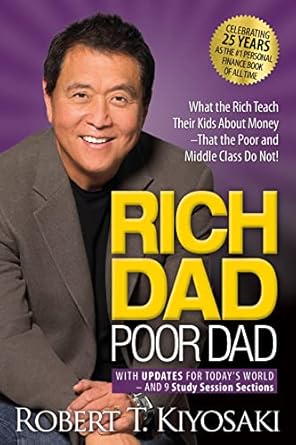
11. The 48 Laws of Power – Robert Greene: Robert Greene distills 3,000 years of history, philosophy, and strategy into 48 laws for gaining, maintaining, and defending power. Drawing from the lives of rulers, generals, and influential figures, each law is illustrated with historical anecdotes and practical applications. Expect lessons on reading people, mastering timing, using influence subtly, and avoiding common power pitfalls. The tone is unapologetically pragmatic—sometimes ruthless—focusing on results over sentiment. You’ll learn how power dynamics shape relationships, organizations, and societies.
Recommended for: Leaders, strategists, and readers interested in human behavior, persuasion, and the realities of influence.
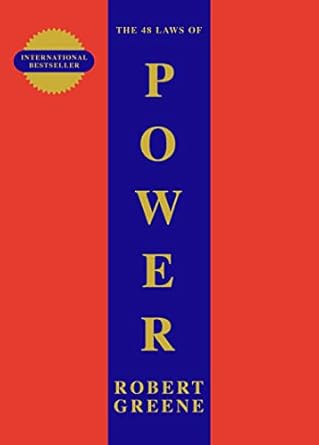
Read More: The Review Universe

Pingback: Top 10 International Great Book Festivals in 2025 - The Review Universe
Pingback: Must-Read Philosophy Books That Simplify Complex Ideas - The Review Universe
Pingback: A Life in the Day of Me: A Day That Wouldn’t End, In a House That Shouldn’t Exist, With a Boy Who Would Never Be the Same By Aashish Rego - The Review Universe